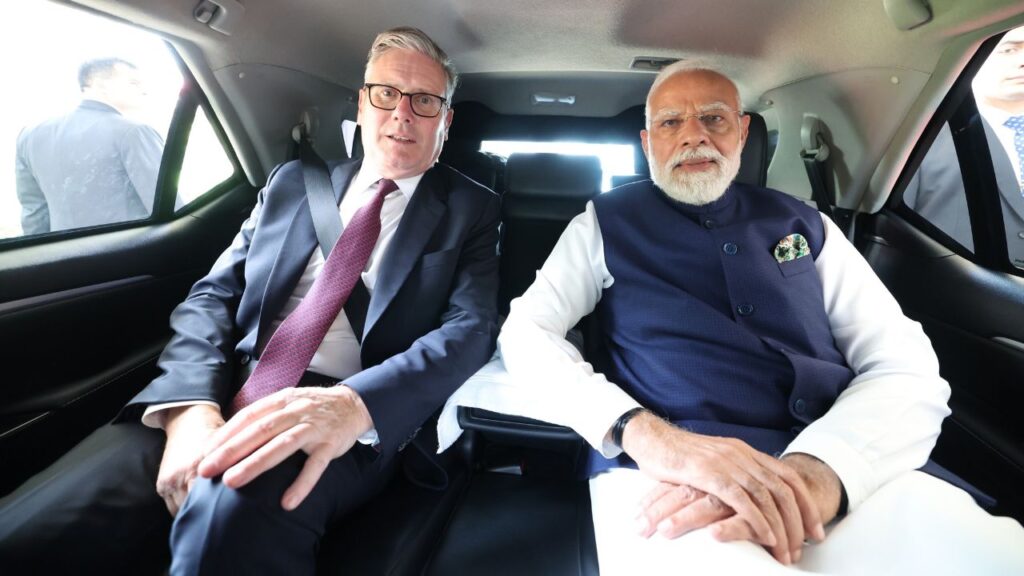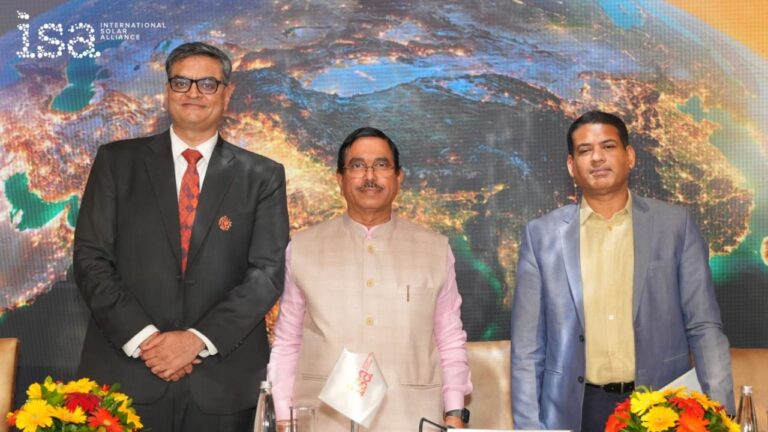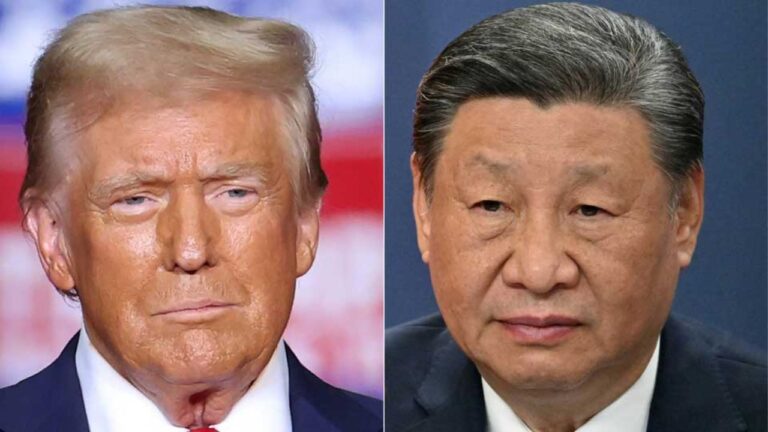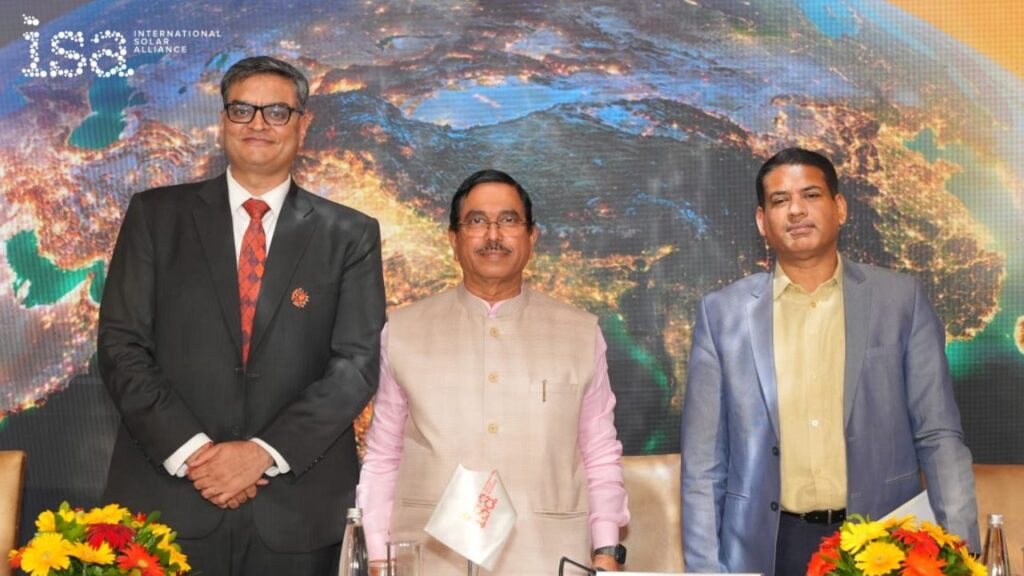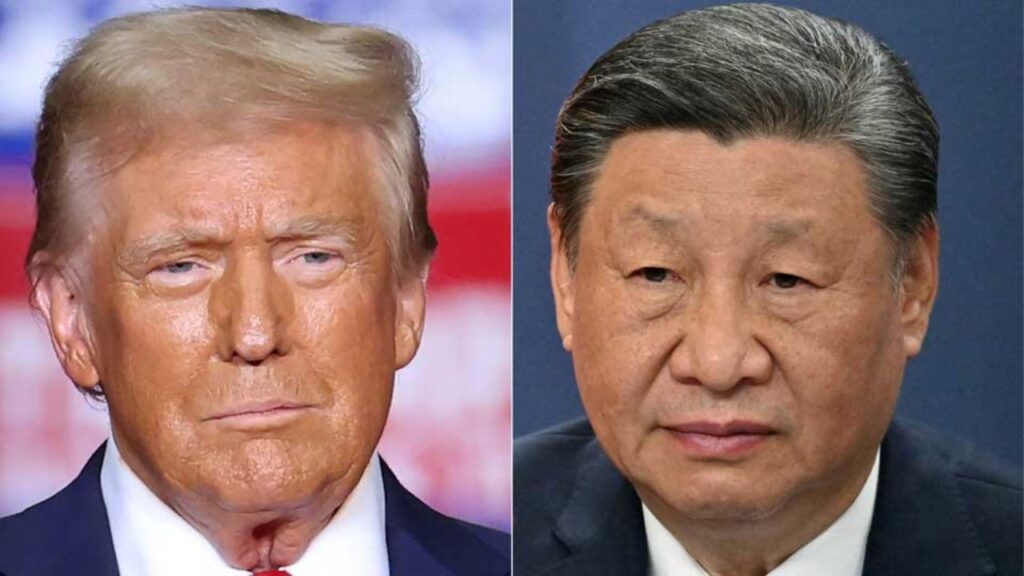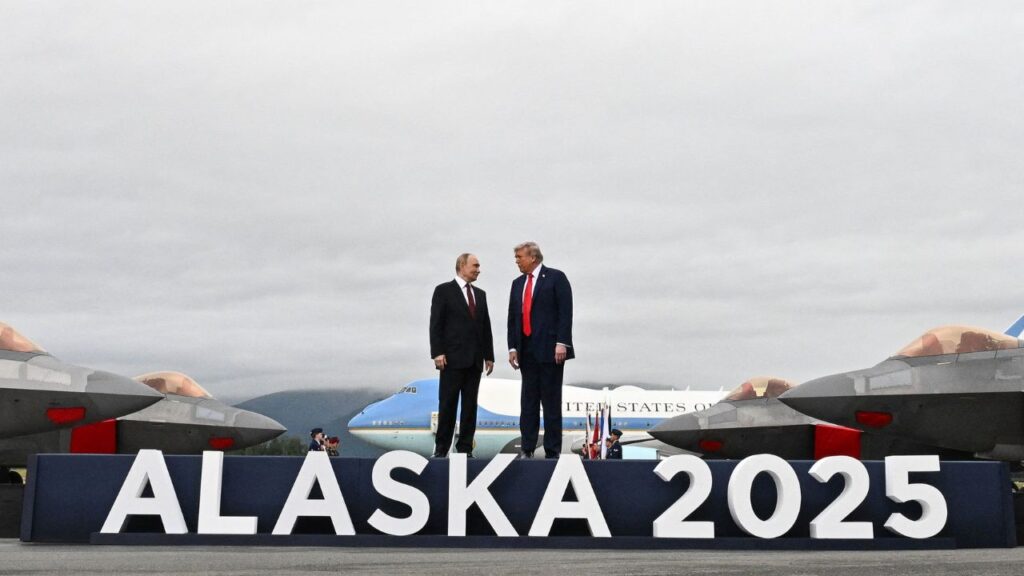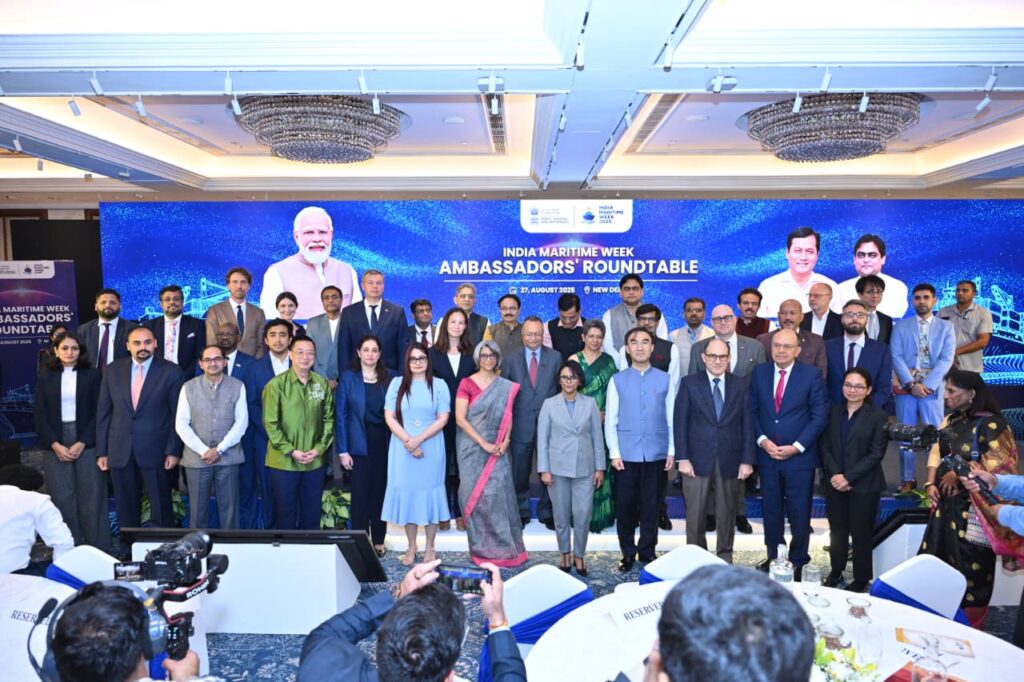Following the meeting between Indian Prime Minister Narendra Modi and UK Prime Minister Keir Starmer at the Global Fintech Fest in Mumbai, where the leaders hailed the newly inked India-UK Free Trade Agreement (FTA) as a “launchpad” for deeper ties, the pact promises to unlock unprecedented opportunities across multiple sectors. This agreement, often referred to as the Comprehensive Economic Partnership Agreement (CEPA), builds on years of negotiations and aligns with the Labour government’s vision for a post-Brexit, globally engaged UK.
The FTA establishes zero-duty access for 99% of tariff items, opening doors to new areas in key service sectors. A major area of progress is the marine sector, where the agreement eliminates import tariffs on a wide range of seafood products that previously faced significant duties in the UK. This enhances the competitiveness of Indian exporters, helping to balance cross-Atlantic trade barriers amid rising US tariffs.
Exports of shrimp, frozen fish, and value-added marine products, whether raw or partially processed, stand to gain, boosting global demand and solidifying India’s presence in one of its top seafood markets. Labour-intensive sectors like textiles, leather, gems and jewellery will also benefit, tapping into high demand in the UK, particularly from the Indian Diaspora and communities from Bangladesh, Pakistan, Nepal, Sri Lanka, and Afghanistan.
India’s key seafood exports to the UK, including Vannamei shrimp, squid, lobsters, frozen fish like pomfret, and black tiger shrimp, are poised for greater market share under the FTA’s duty-free provisions. With potential slumps from US tariff pushbacks, all fish and fisheries commodities under the UK’s tariff schedule category ‘A’ now enjoy 100% duty-free access from the agreement’s effective date.
Pharmaceuticals represent another critical industry impacted by trans-Atlantic tariffs. The India-UK collaboration on vaccine development and distribution during the COVID-19 pandemic serves as a blueprint for future advancements, potentially elevating India’s role in the Global South. The UK can further support India’s voice in forums like the Commonwealth on health, education, and democratic processes.
There is ample room for sectoral enhancements. For instance, just over 3% of India’s defence acquisitions over the last decade came from the UK. A recent incident involving a stranded British fifth-generation fighter plane in India highlighted mutual cooperation for a swift resolution. Deeper defence ties could strengthen the relationship through joint manufacturing and technology transfers, creating a win-win scenario.
The ‘Technology Security Initiative’ (TSI) aims to elevate the strategic partnership, building on the India-UK Roadmap 2030. Areas like telecommunications, critical minerals, semiconductors, artificial intelligence (AI), quantum computing, biotechnology, health-tech, and advanced materials hold strong potential. While the UK has secured low tariffs with the US, diversifying partnerships with a stable ally like India avoids over-reliance on one market.
The UK stands to gain £4.8 billion in annual economic growth by 2040 from the FTA, with improved market access for British goods like spirits and cars, boosting exports and job creation. For India’s MSME sector, the economy’s backbone, the agreement offers access to high-value UK markets through simplified regulations and trade facilitation. India also anticipates collaboration in emerging fields such as digital trade, fintech, AI, and clean technology, aligning with its economic and climate objectives.
The UK is well-positioned to attract more Indian students amid US H-1B visa restrictions and immigration uncertainties. With the Graduate Route visa offering 2–3 years of post-study work, strong educational partnerships, mutual qualification recognition, and a large Indian Diaspora, the UK remains culturally and academically appealing. The Labour government is expected to prioritise these ties, though success hinges on stable, student-friendly immigration policies.
The strengthening India-UK relationship bolsters the Labour government’s global credibility, economic diplomacy, and engagement with the British-Indian Diaspora. It supports a post-Brexit vision of a connected UK, with India providing avenues in trade, investment, technology, education, and climate action – delivering long-term economic and geopolitical value.
Priyajit Debsarkar writes on geopolitics, trade, and international relations, especially focused on Asia. His has written columns for South China Morning Post, The Epoch Times, The Economic Times, and BBC Bengali.
Disclaimer: The views and opinions expressed in this piece are those of the author and do not necessarily reflect the views of the editorial board or the organization.

